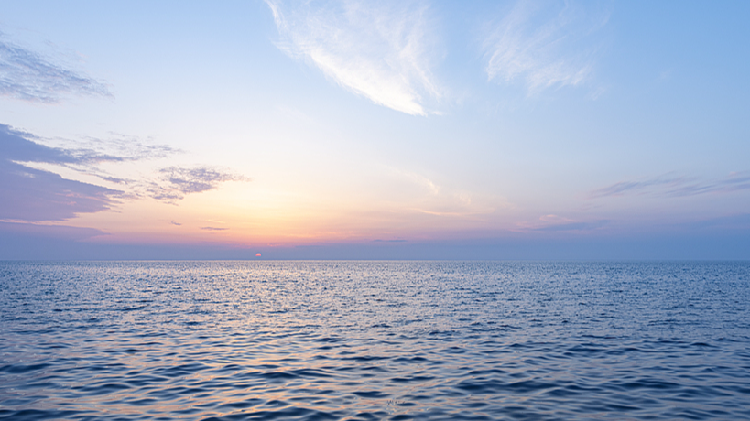Study outlines fossil fuel risk to 'Amazon of the seas'
The report highlights the dangers posed by fossil fuels to the 'Amazon of the seas.’

The Coral Triangle, often referred to as the "Amazon of the seas" due to its remarkable species diversity, spans more than 10 million square kilometers across the waters of Indonesia, Malaysia, Papua New Guinea, Singapore, the Philippines, Timor-Leste, and the Solomon Islands. According to monitoring organizations such as Earth Insight, SkyTruth, and the Center for Energy, Ecology and Development, it is home to three-quarters of the world’s known coral species.
This region also hosts six of the seven marine turtle species found globally and serves as a crucial feeding ground for whales and other marine mammals. Over 120 million people rely on its resources for their livelihoods.
The report reveals that oil and gas concessions and production areas significantly overlap with extensive marine protected zones. It identifies more than 100 active offshore oil and gas blocks within the Coral Triangle, with an additional 450 blocks under exploration for potential extraction. "If all blocks were to go into production, about 16 percent of the Coral Triangle would be directly impacted by fossil fuel development," the report states.
It also highlights that the expansion of fossil fuels could lead to increased tanker traffic and heightened risks of oil spills. Since July 2020, satellites have detected 793 oil slicks in the Coral Triangle, primarily produced by passing vessels and oil infrastructure. "Cumulatively, all slicks covered an area over 24,000 kilometers square – nearly enough oil to cover the land in the Solomon Islands," the report adds.
In light of these findings, the authors are advocating for a moratorium on oil, gas, mining, and other industrial activities in the Coral Triangle's environmentally vulnerable areas. They encourage "leapfrogging the use of LNG as a transition fuel" as the global community shifts away from coal and gas toward cleaner energy alternatives.
Furthermore, the report calls for the designation of the Coral Triangle as a "particularly sensitive sea area," signifying a need for enhanced protection against shipping activities. The Kunming-Montreal Global Biodiversity Framework, ratified two years ago by 196 parties to the UN's Convention on Biological Diversity, established 23 targets aimed at "halt and reverse" biodiversity loss by 2030, including the goal of ensuring that 30 percent of marine and coastal areas are "effectively conserved and managed" and another 30 percent are "under effective restoration."
Thomas Evans for TROIB News
Discover more Science and Technology news updates in TROIB Sci-Tech












